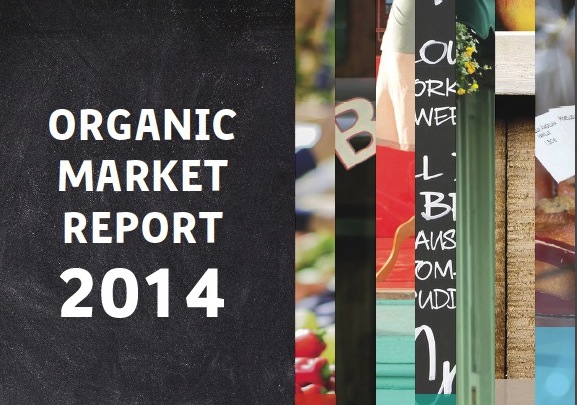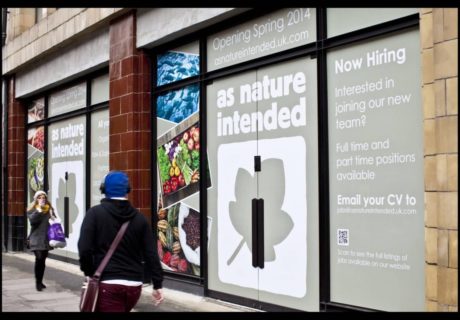Independent retailers are spearheading a return to growth of the organic market a major new report from the Soil Association has found.
The 2014 Soil Association Organic Market Report shows that independent retail outlets – wholefood and health food shops, box schemes, farmers’ markets and specialist online retailers – saw sales of organic sales increase by 6.9% in 2013. Collectively they generated weekly organic sales of over £10 million.
Three quarters of independent retailers saw their organic sales increase by over 10%. The strongest performances came from home delivery specialists and larger retailers in urban areas. Organic supermarket Planet Organic delivered a standout performance, with sales up 14% across its six London stores. Other city retailers, such as Bristol’s Better Food Company and Manchester-based Unicorn Grocery, also turned in double-digit growth.
Online sales of organic also continued to grow strongly with Ocado reporting an increase in organic sales of 10.4%.
By comparison the major multiples saw a more modest rise in organic sales – up 1.2%. Because of their dominant position in food and drink retailing this had the effect of dampening down overall sales growth to 2.8%, with the total organic market in 2013 worth £1.79 billion.
Among the supermarkets, Sainsbury’s – the country’s biggest organic retailer with 29% market share – saw a 7% increase in sales of its own-label organic products, closely followed by Waitrose which saw its organic sales increase by 6.5%.
Household names, such as Yeo Valley Organic, Green & Blacks and Rachel’s Organic were the most popular organic brands in supermarkets. In independents, the top-selling organic brands were Biona, Infinity, Doves farm, Infinity and Clipper.
The organic food market appears to be recovering across many different sectors, with meat, fish and poultry (+2.2%), vegetables (+3.4%) and dairy (+4.4%) all seeing positive growth throughout the year. This positive outlook is also reflected in consumer attitudes to organic – 45% of organic consumers say they intend to buy more organic fruit and veg in the year ahead and 22% intend to buy more organic dairy in 2014.
Organic baby food continues to be a popular choice, with more than 50% of spending on baby food being organic. Another strong performer is the organic health and beauty category, which grew by 17% in 2013 to £37.2 million.
Speaking about the report, Rob Sexton, CEO of Soil Association Certification said: “To see the organic market showing such strong signs of growth, particularly when grocery sales as a whole are slowing, shows just how much potential there is in the organic sector. Both the growth in the organic market and the accelerating growth of products carrying the Soil Association logo further highlight the growing public demand for organic and food logos that they can trust. The message to supermarkets and other retailers and organic businesses is clear: if you make organic goods available and promote them well, consumers will respond by continuing to purchase the products they have confidence in.
“In addition research has shown that organic shoppers expect to buy more organic products this year than last so we have reason to be positive about the outlook for organic in 2014 and beyond. Now, the priority needs to be ensuring a greater choice of organic produce on shelves.”




